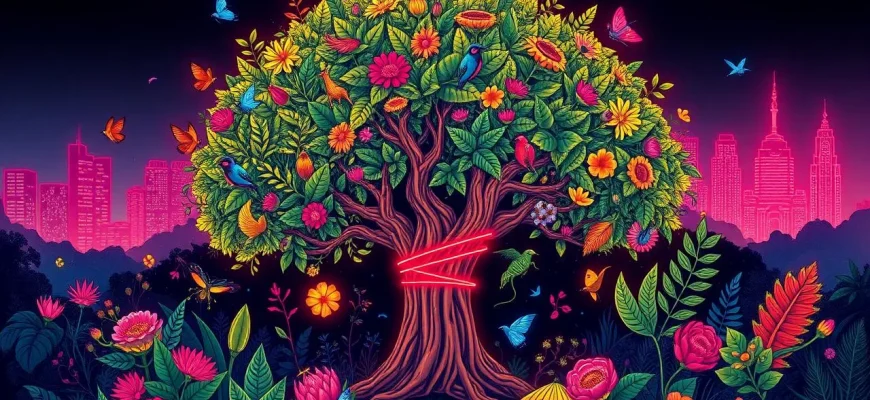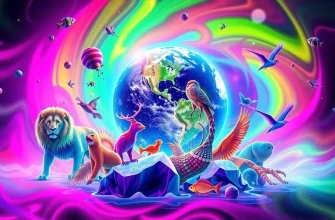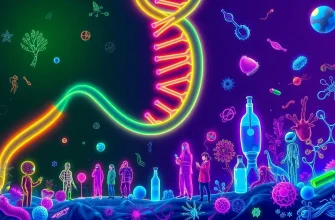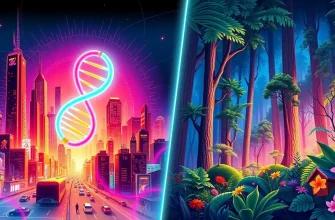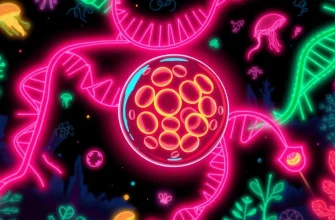In an era where the natural world faces unprecedented threats, understanding and appreciating biodiversity has never been more crucial. This curated selection of documentaries not only highlights the incredible variety of life on Earth but also underscores the urgent need for conservation. From the depths of the oceans to the peaks of the highest mountains, these films offer a window into the complex and beautiful web of life that sustains our planet. Whether you're a nature enthusiast or simply curious about the world around you, these films promise to enlighten and inspire.
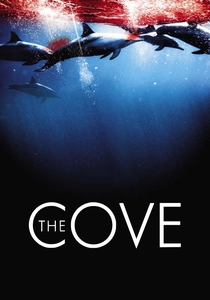
The Cove (2009)
Description: Focused on the annual dolphin hunt in Taiji, Japan, this film exposes the brutal practice and its impact on dolphin populations, advocating for change in marine conservation policies.
Fact: The film won the Academy Award for Best Documentary Feature in
 Watch Now
Watch Now
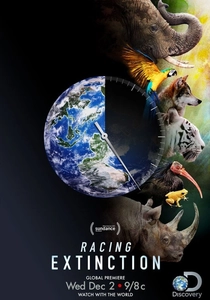
Racing Extinction (2015)
Description: This documentary investigates the ongoing mass extinction of species and the role of human activities in this crisis, using hidden cameras and undercover journalism.
Fact: The filmmakers used high-tech equipment to capture illegal wildlife trade, including a special camera that could film in complete darkness.
 Watch Now
Watch Now
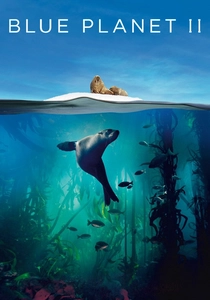
Blue Planet II (2017)
Description: Following the success of its predecessor, this series explores the mysteries of the ocean, revealing new species and behaviors, and highlighting the impact of human activity on marine life.
Fact: The crew filmed in over 39 countries, capturing footage that had never been seen before, including the first-ever footage of a giant squid in its natural habitat.
 Watch Now
Watch Now
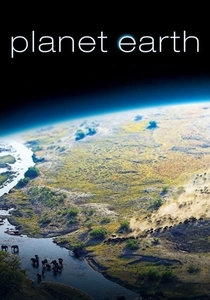
Planet Earth (2006)
Description: This landmark series from the BBC delves into the diverse ecosystems of our planet, showcasing the intricate relationships between species and their environments. It's a must-watch for anyone interested in the sheer scale and beauty of Earth's biodiversity.
Fact: The series took five years to film, with over 2,000 days in the field, and was the most expensive nature documentary series ever commissioned by the BBC at the time.
 Watch Now
Watch Now
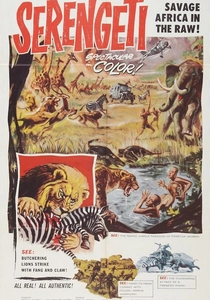
The Serengeti Shall Not Die (1959)
Description: One of the earliest wildlife documentaries, this film by Bernhard Grzimek and his son Michael, focuses on the conservation efforts in the Serengeti, showcasing its rich biodiversity.
Fact: The film was instrumental in the creation of the Serengeti National Park and won the Academy Award for Best Documentary Feature in
 30 Days Free
30 Days Free

Life on Earth (1979)
Description: A pioneering series by David Attenborough, it explores the evolution of life on our planet, from the simplest organisms to the most complex, highlighting the diversity of life forms.
Fact: This was one of the first major natural history series to be broadcast in color, revolutionizing the way viewers experienced wildlife documentaries.
 30 Days Free
30 Days Free
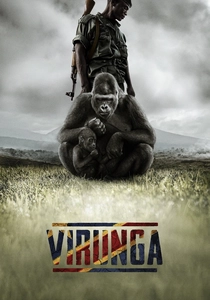
Virunga (2014)
Description: Set in the Democratic Republic of Congo, this film follows the rangers of Virunga National Park as they protect the park's endangered mountain gorillas from poachers and militia groups.
Fact: The film's release led to increased international attention and support for the park, resulting in a significant boost in conservation efforts.
 30 Days Free
30 Days Free
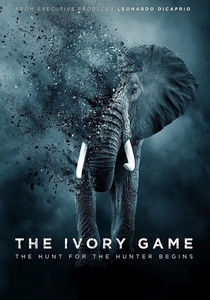
The Ivory Game (2016)
Description: This documentary sheds light on the illegal ivory trade and the devastating impact it has on elephant populations, showcasing the efforts of activists and law enforcement to combat this issue.
Fact: The film was executive produced by Leonardo DiCaprio, who has been actively involved in wildlife conservation.
 30 Days Free
30 Days Free
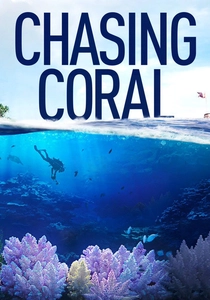
Chasing Coral (2017)
Description: This documentary captures the alarming rate at which coral reefs are disappearing, using time-lapse photography to document the phenomenon of coral bleaching.
Fact: The film's time-lapse sequences required over 500 hours of underwater footage to capture the transformation of the reefs.
 30 Days Free
30 Days Free
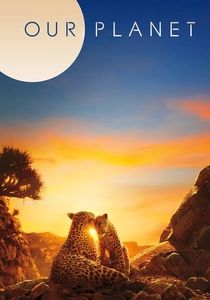
Our Planet (2019)
Description: Narrated by Sir David Attenborough, this Netflix series provides a comprehensive look at Earth's natural history, focusing on the effects of climate change on various ecosystems and the species that inhabit them.
Fact: The series was filmed over four years, with over 600 crew members working across 50 countries.
 30 Days Free
30 Days Free

